Some pairings just work: fish and white wine, apple and cinnamon, coffee and chocolate, hatchbacks and a stiffer, pointier chassis.
Others are challenging from the outset: lobster with gravy, apple crumble with gravy, a sporty chassis with gravy. That doesn’t mean a talented chef can’t potentially make it work, but it’s an uphill battle.
Like gravy, SUVs can be very appealing and are loved by many, but combine them with a delicate suspension set-up and their SUV-ness can dominate and make for a heavy-handed recipe.
The people at Hyundai’s N performance division have so far proven to be proficient chefs when tackling the classics: the Hyundai i30 N is impressive and the i20 N is brilliant – our favourite new hot hatch of 2021. Have they been able to make the hot compact SUV work with the Kona N?
Demonstrating just how difficult it is, the hot hatch masters at Ford did a great job on the Ford Puma ST, but when you drive it, you’re constantly reminded that it’s very similar to the Ford Fiesta ST, just not quite as natural to drive. Given that the Hyundai Hyundai Kona is in effect a slightly larger i20 on stilts, the verdict on the Kona N is heading in the direction of ‘like the i20 N, just not quite as natural to drive’.
However, Hyundai has pre-empted that comparison and nixed it by going at the Kona with a big shoehorn. See, the Kona N isn’t powered by the i20 N’s 1.6-litre engine. Instead, its stubby bonnet houses the i30 N’s much more senior 276bhp 2.0-litre unit, complete with eight-speed dual-clutch automatic gearbox and electronic differential between the front wheels. Hyundai clearly hasn’t spared the gravy.
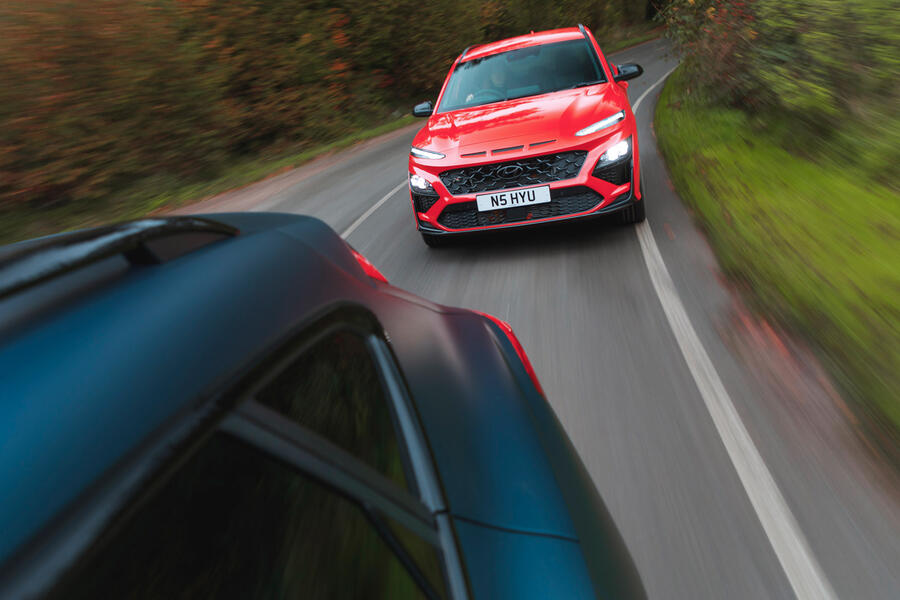
With so much firepower, it wouldn’t be entirely fair to put the Kona N against the daintier Puma ST, so we brought along what’s currently the most rounded performance crossover on the market. The Cupra Formentor 2.0 TSI 310 is £6375 more expensive than the Hyundai but delivers relatively similar roll-on performance.
The Kona should get to 62mph in 5.5sec, and the Formentor shaves a further 0.6sec off that time, thanks to four-wheel-drive traction. But while the cooking versions of crossovers can feel a bit samey to drive, you would struggle to find two cars that achieve relatively similar results in more different ways than these two.
Despite them having 2.0-litre turbo fours with broadly similar power outputs, coupled to dual-clutch gearboxes, the powertrains behave wildly differently. The Kona emits a parpy, genuine sound that’s appropriate and encourages you to go faster. It’s not pretty, but what is, short of a GT3?

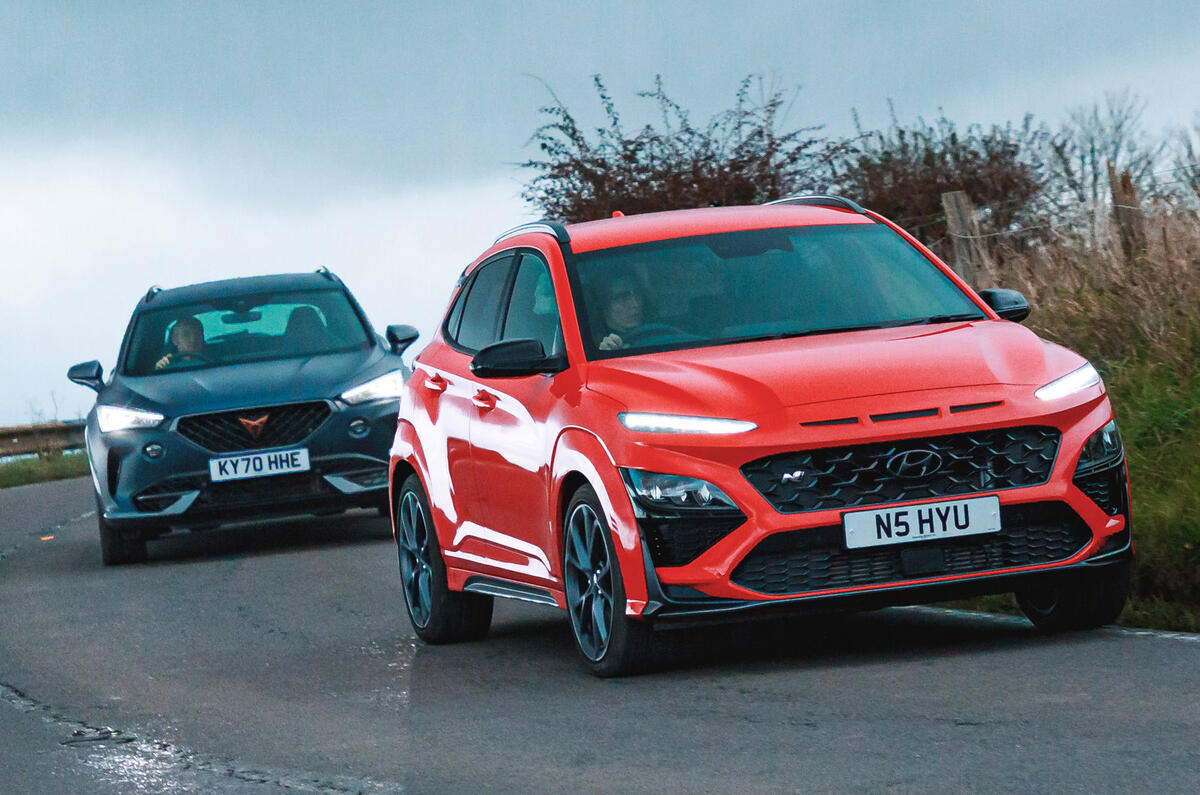
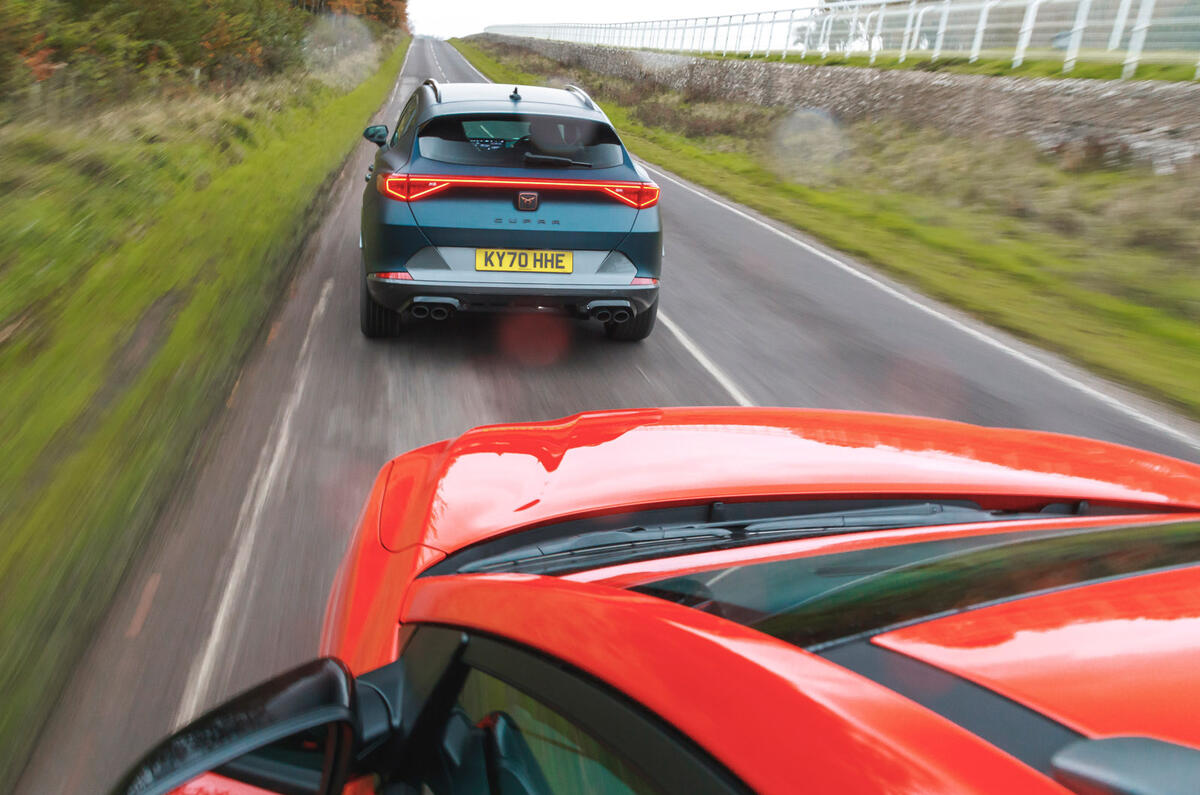
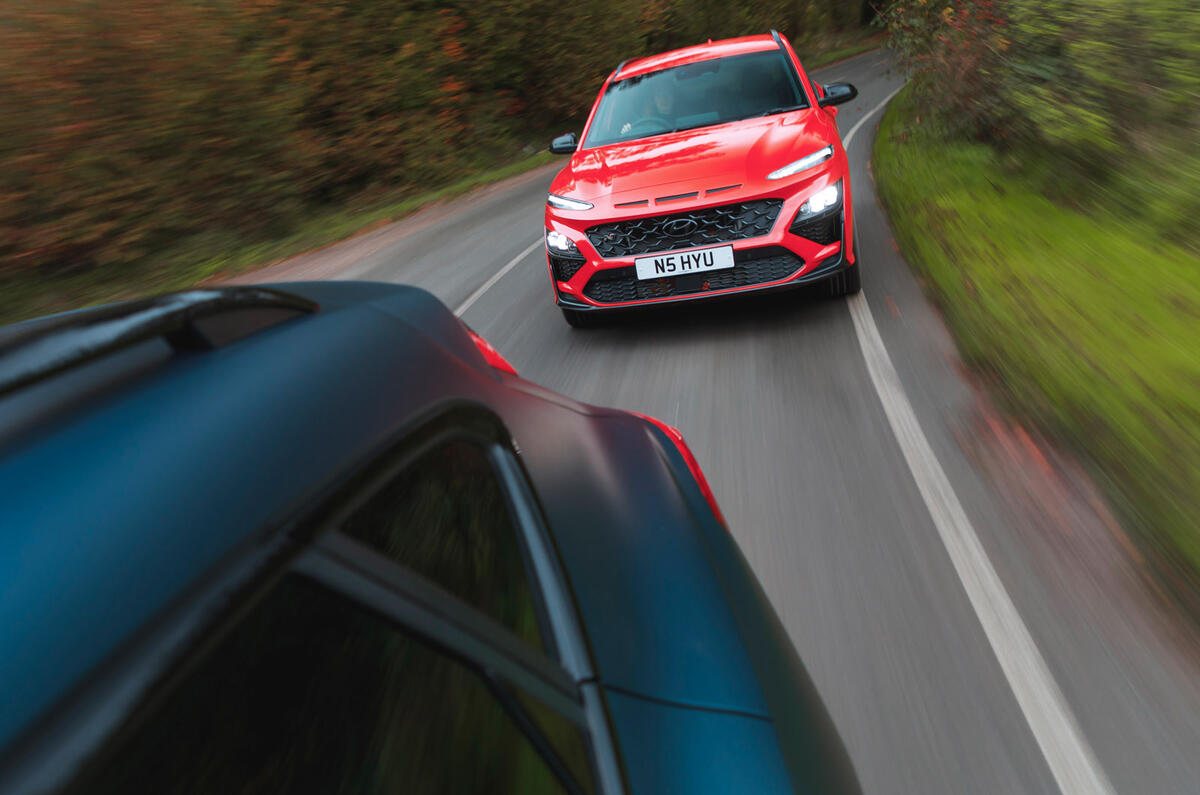
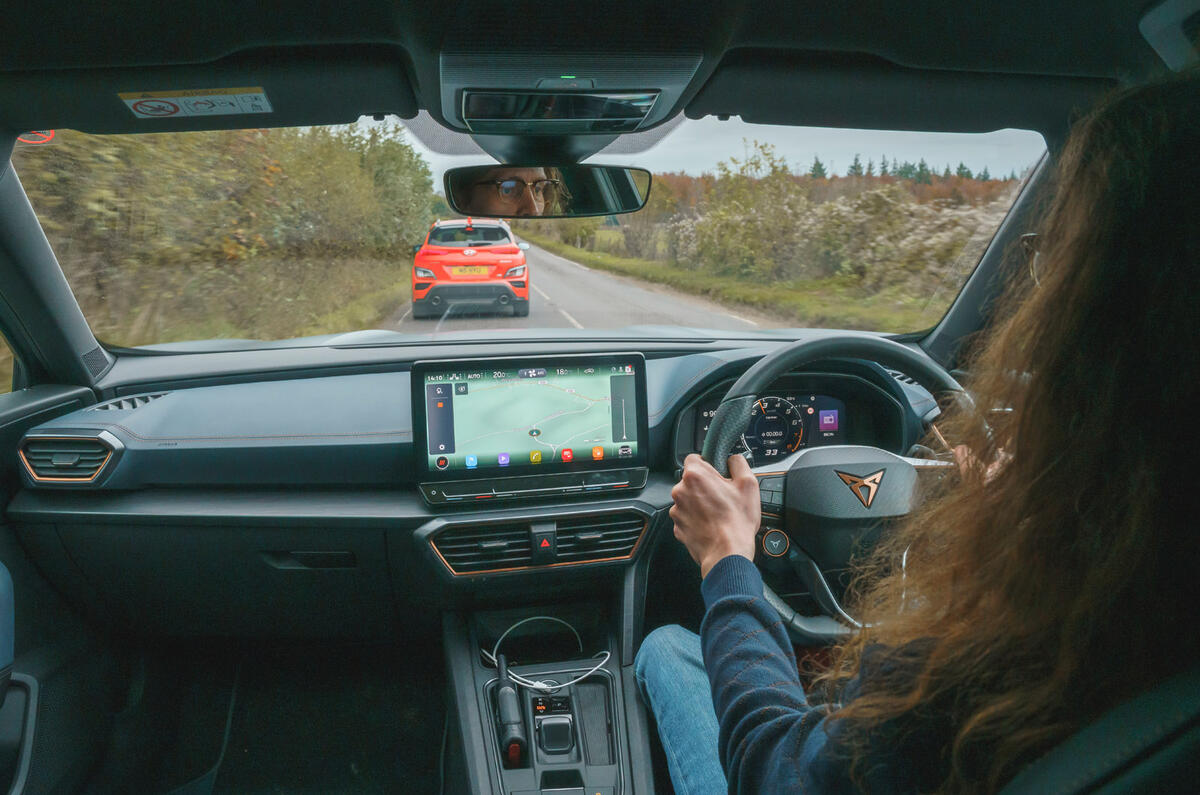
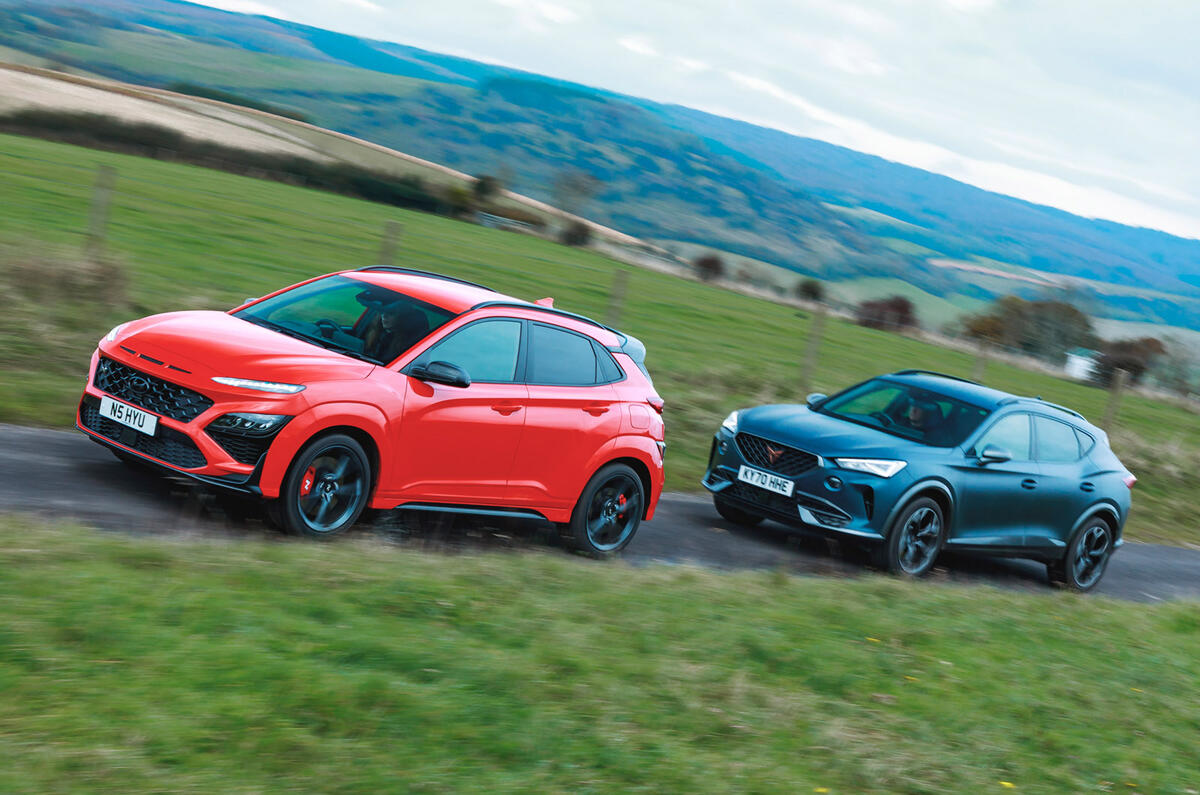
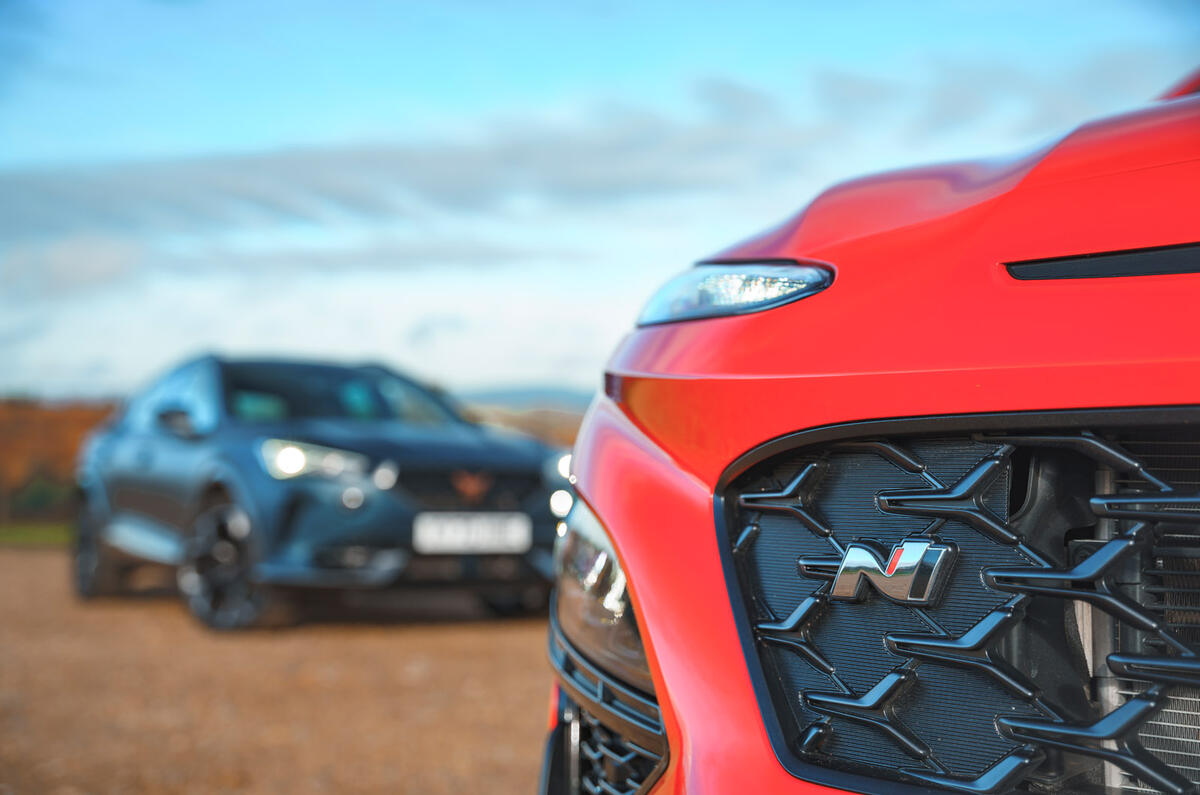
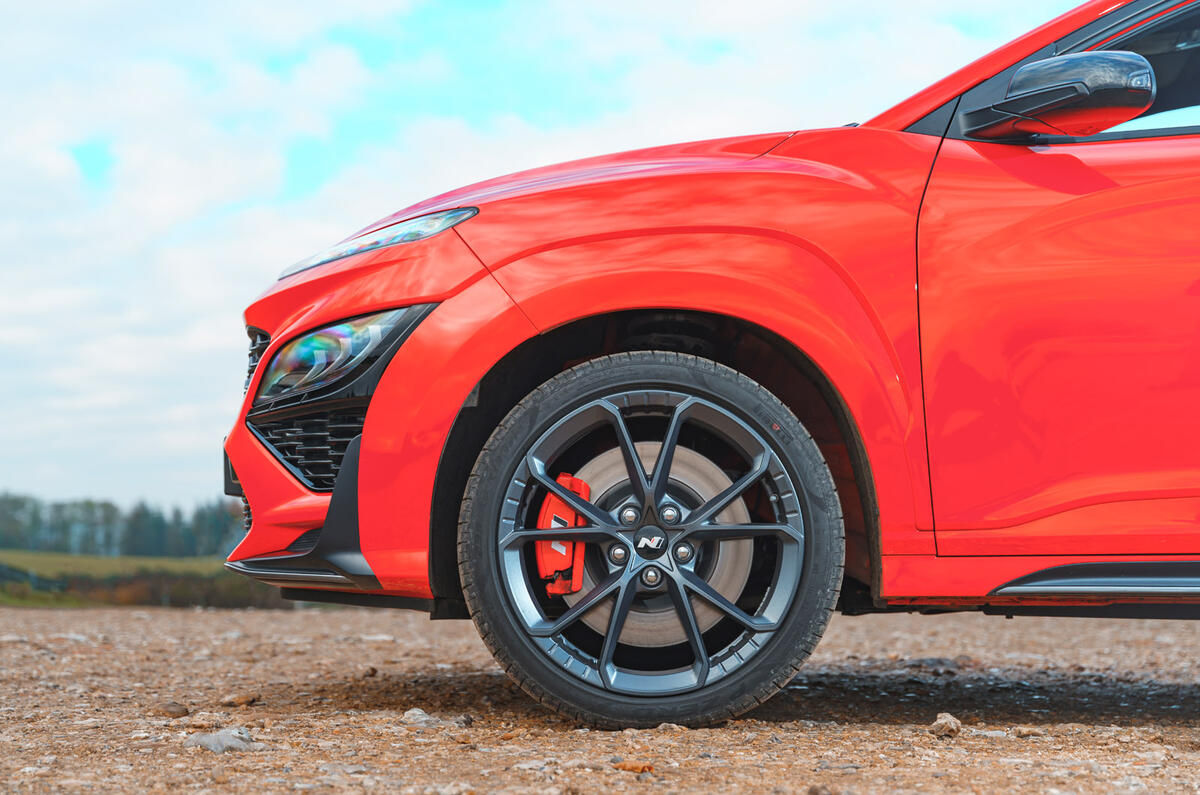
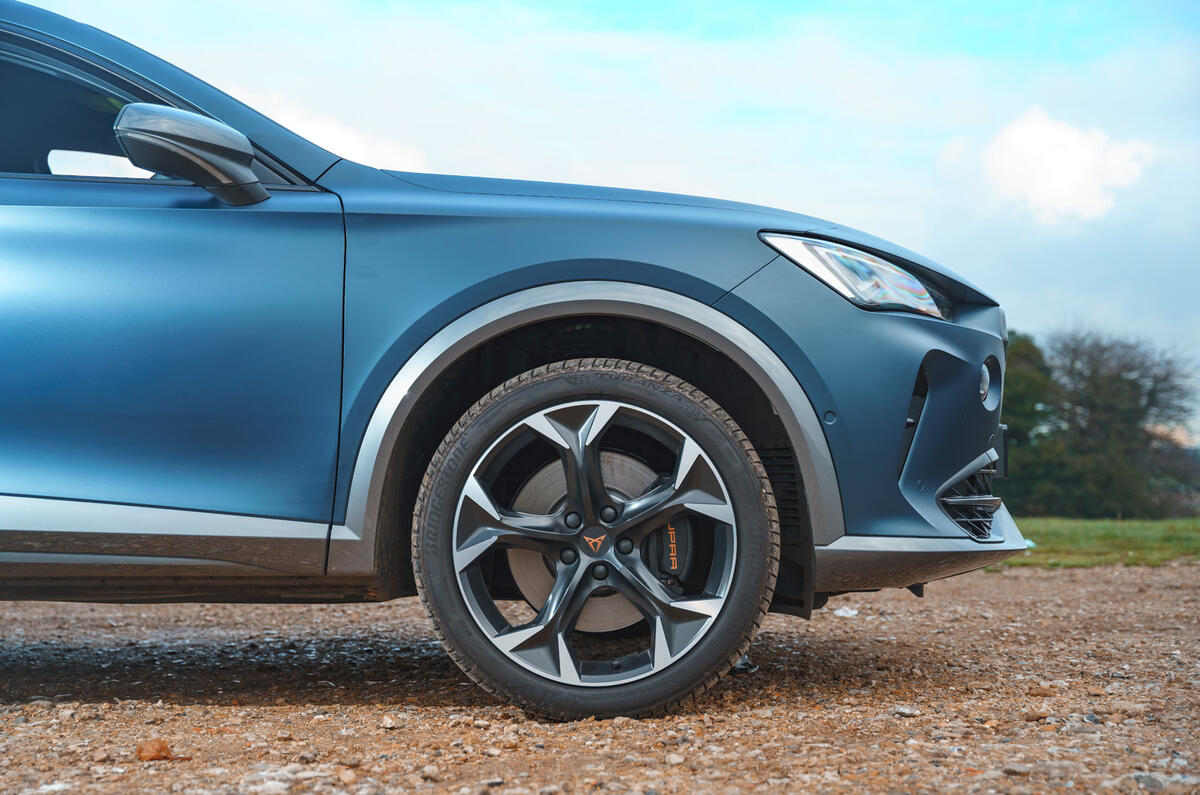
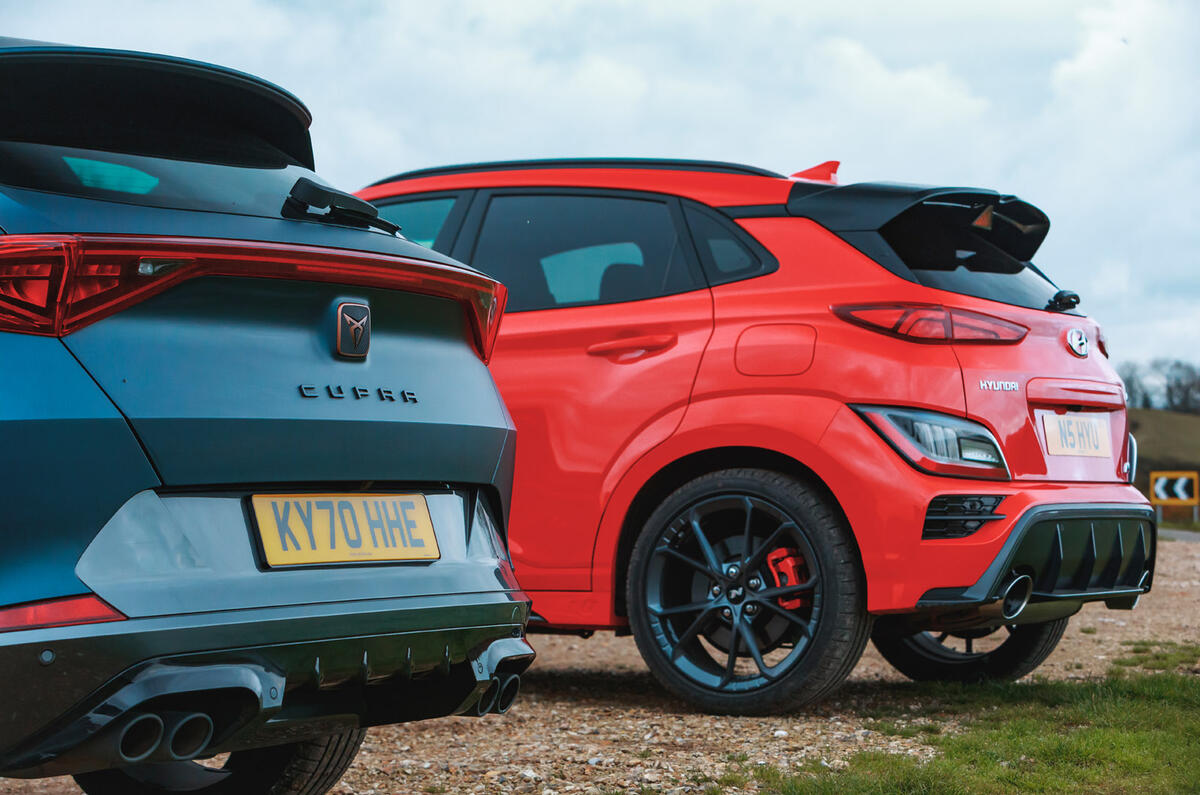
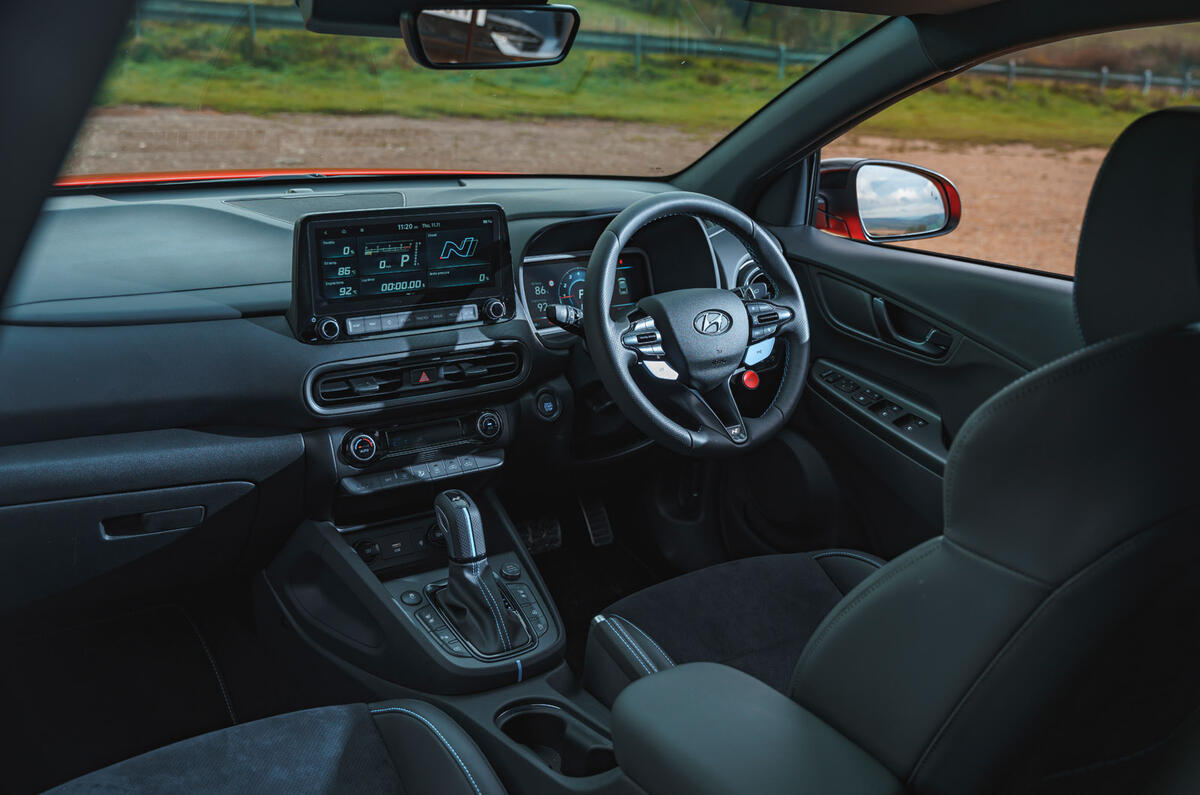
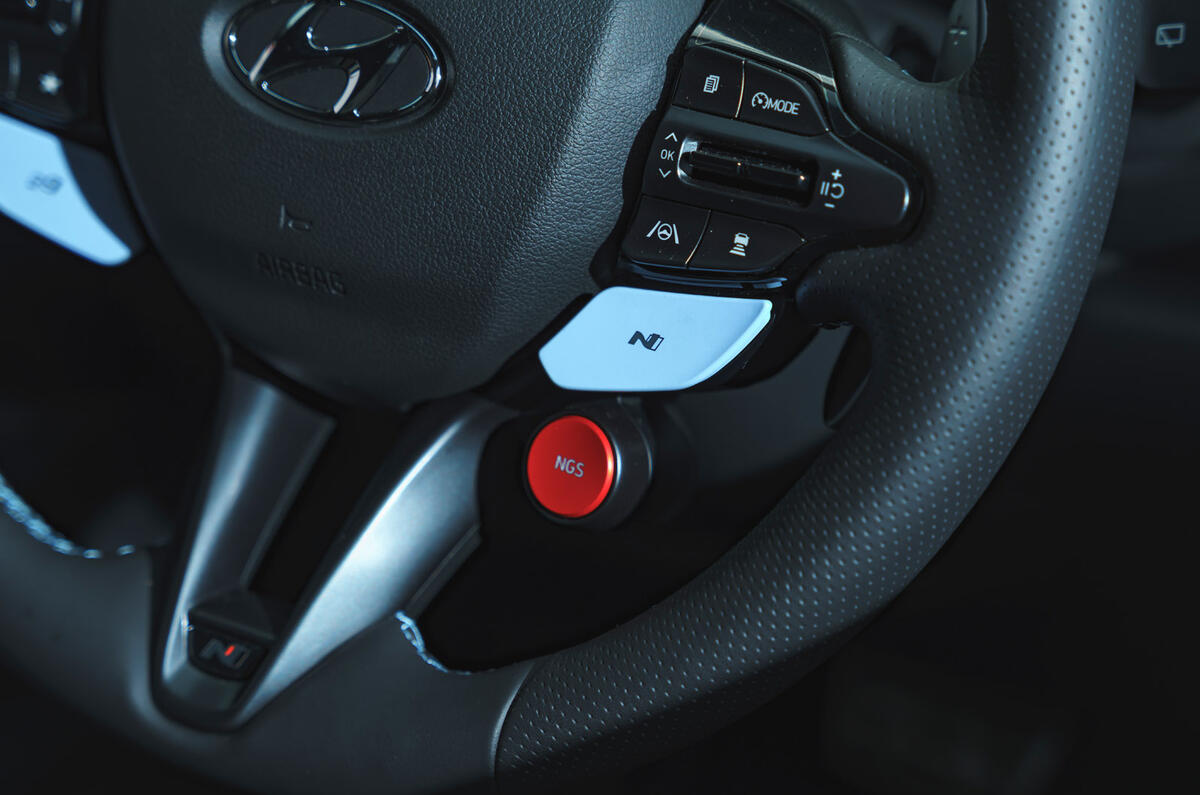
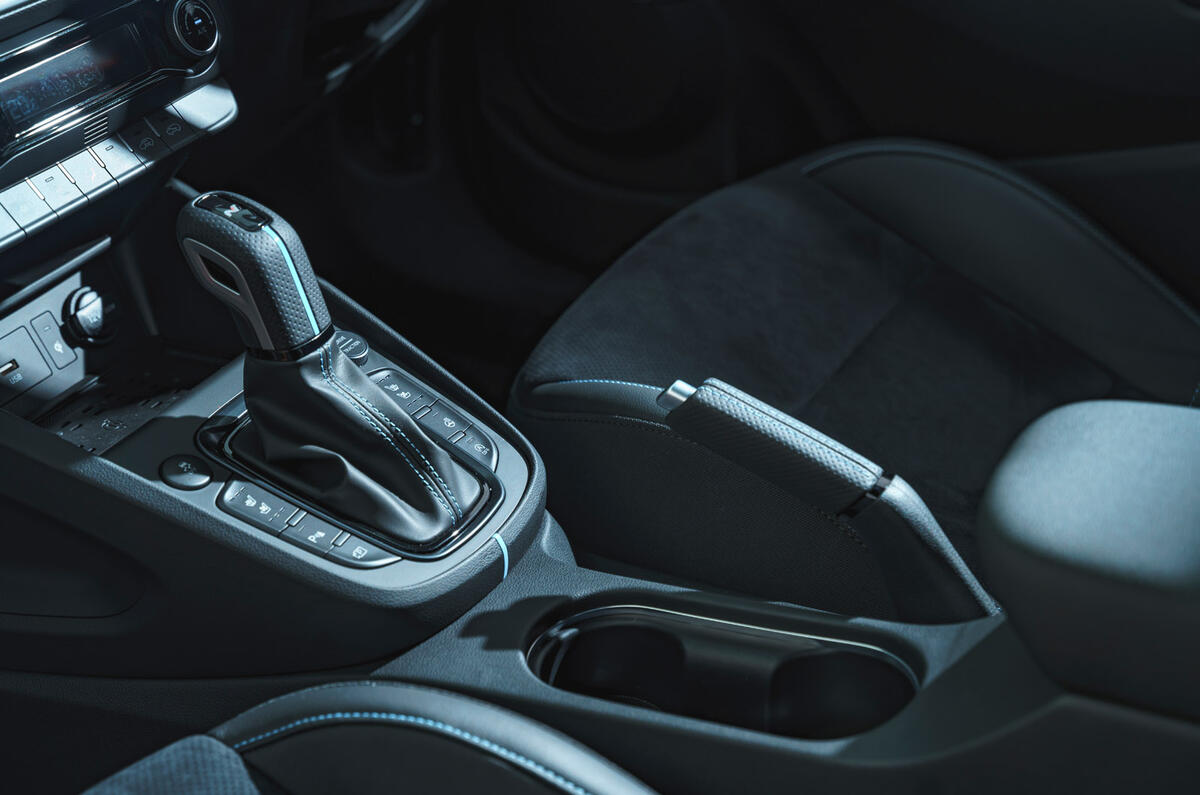
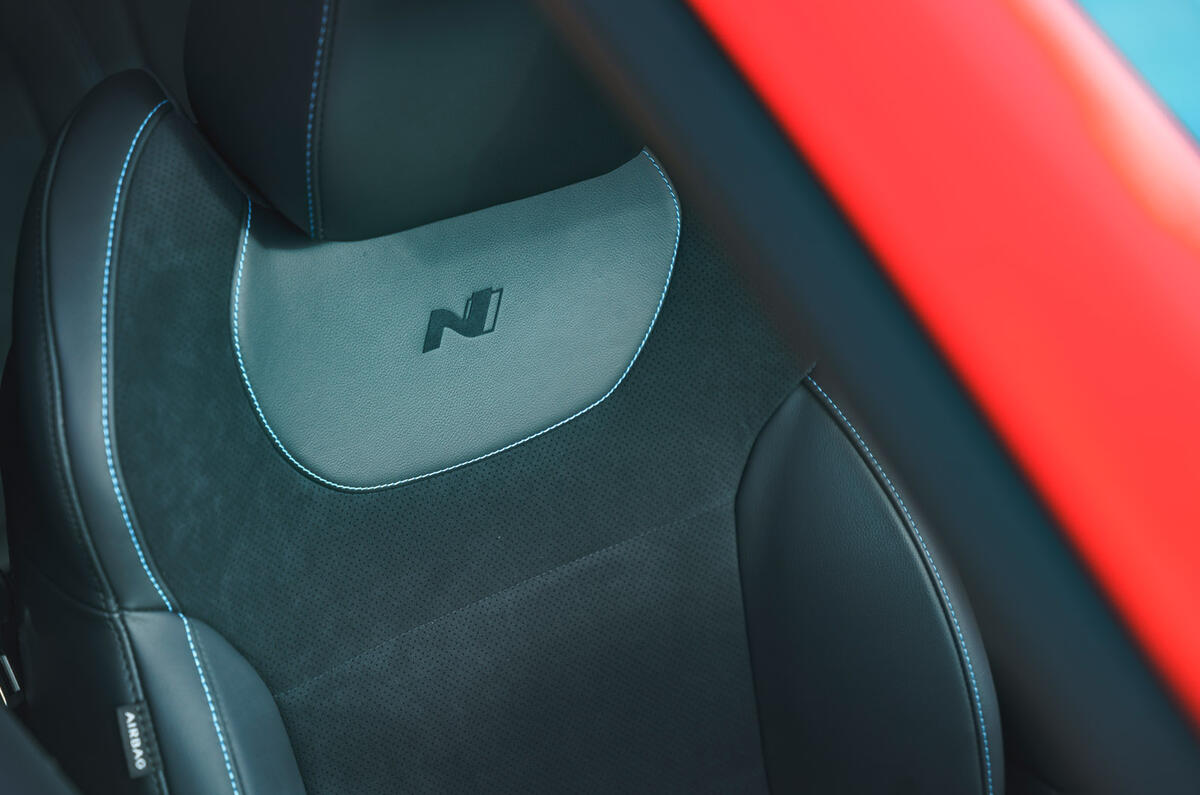
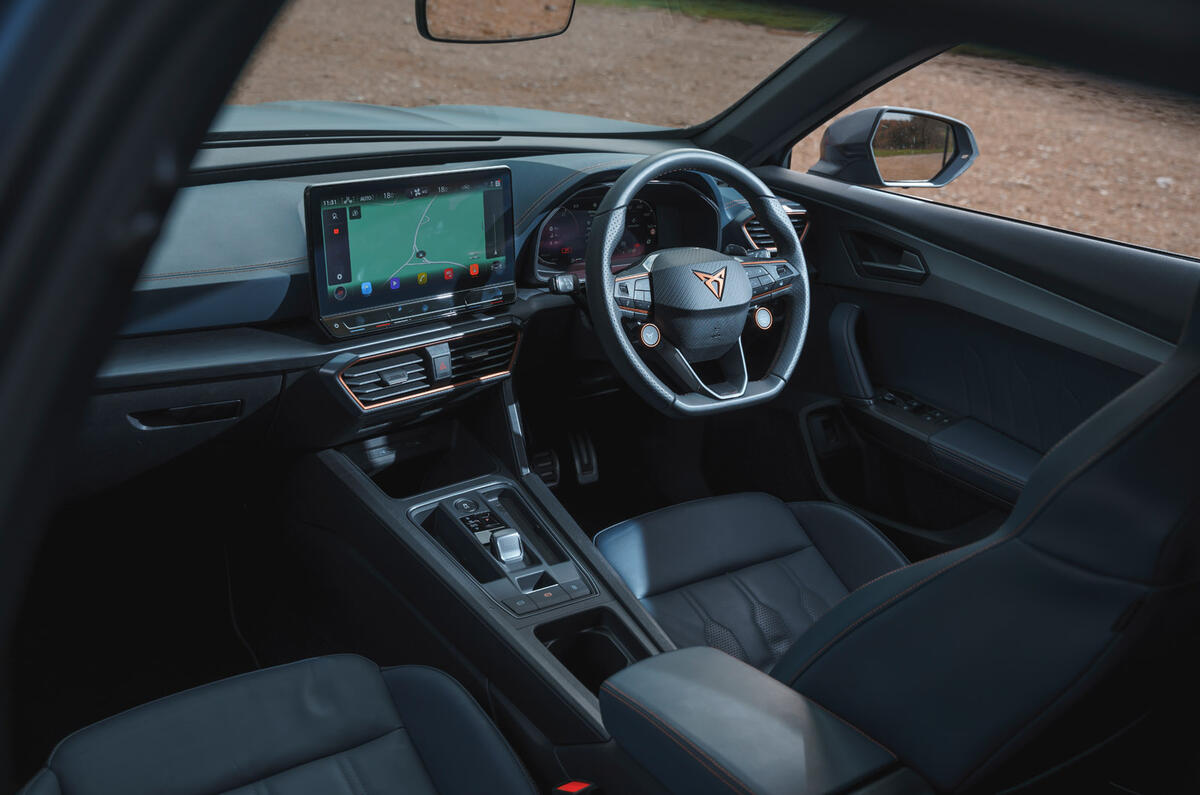
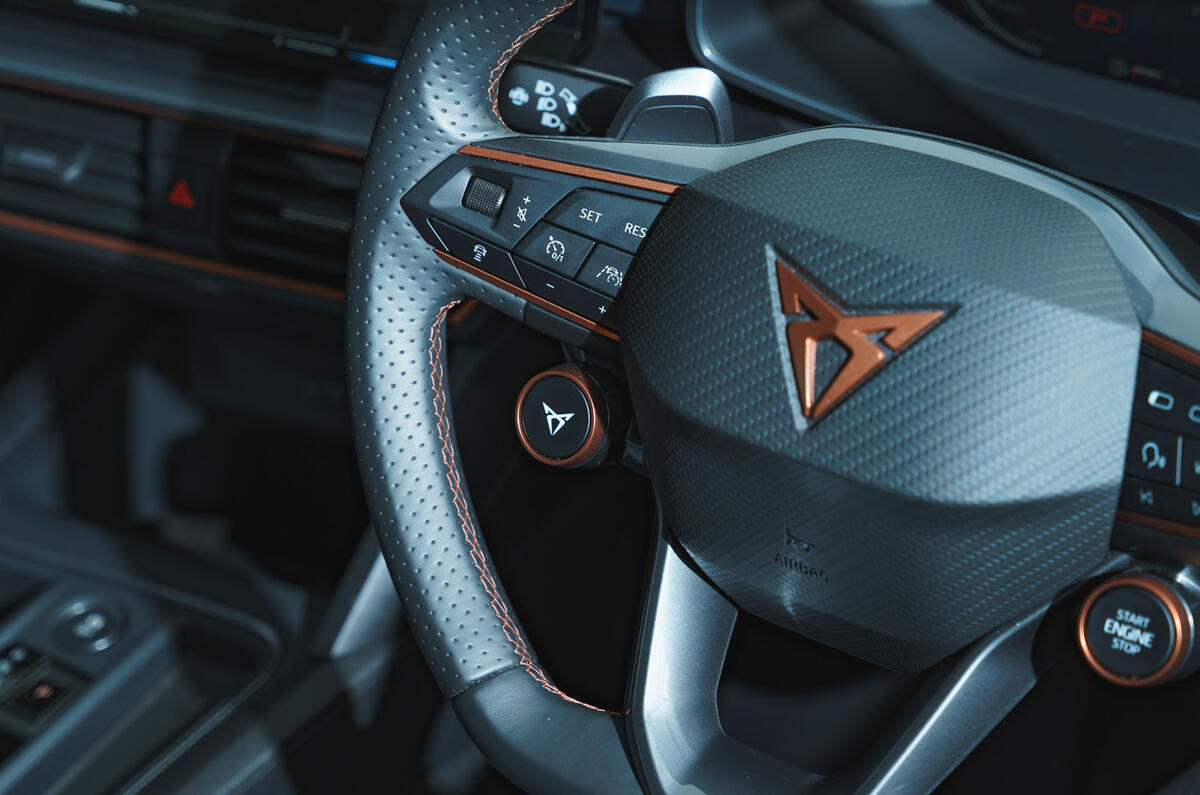
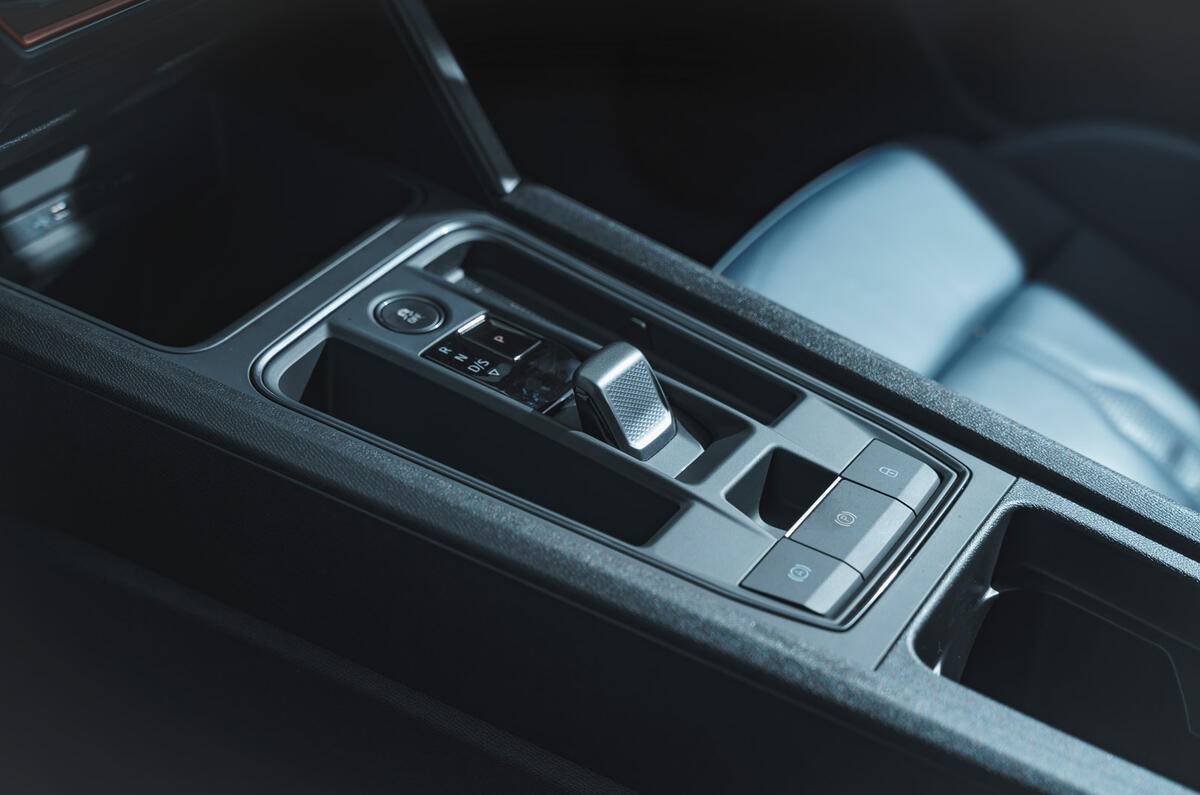
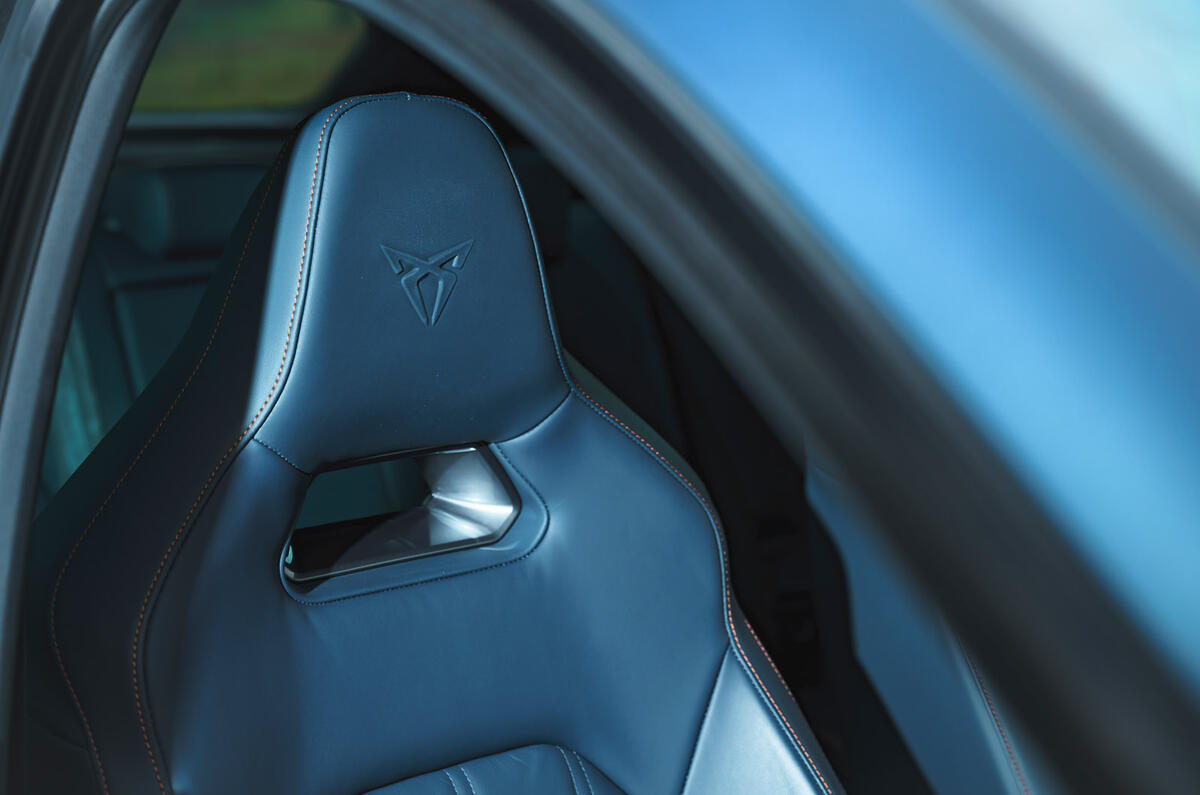
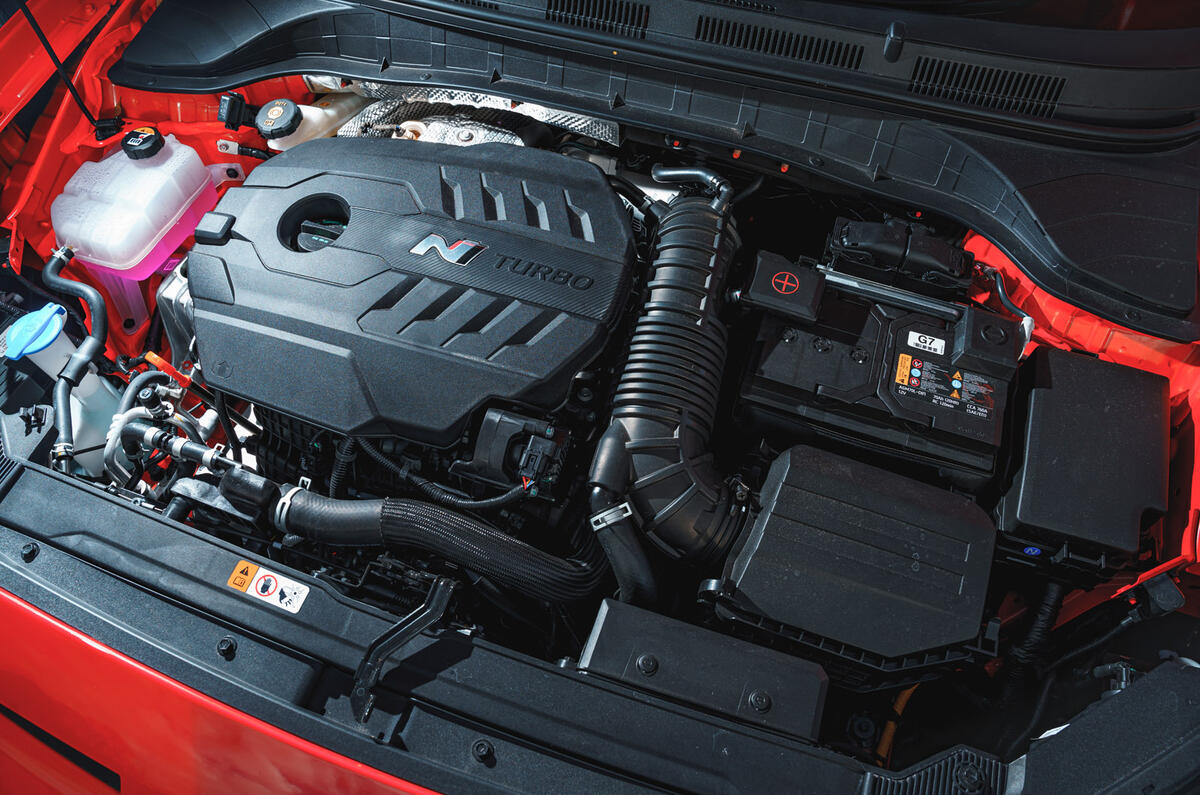
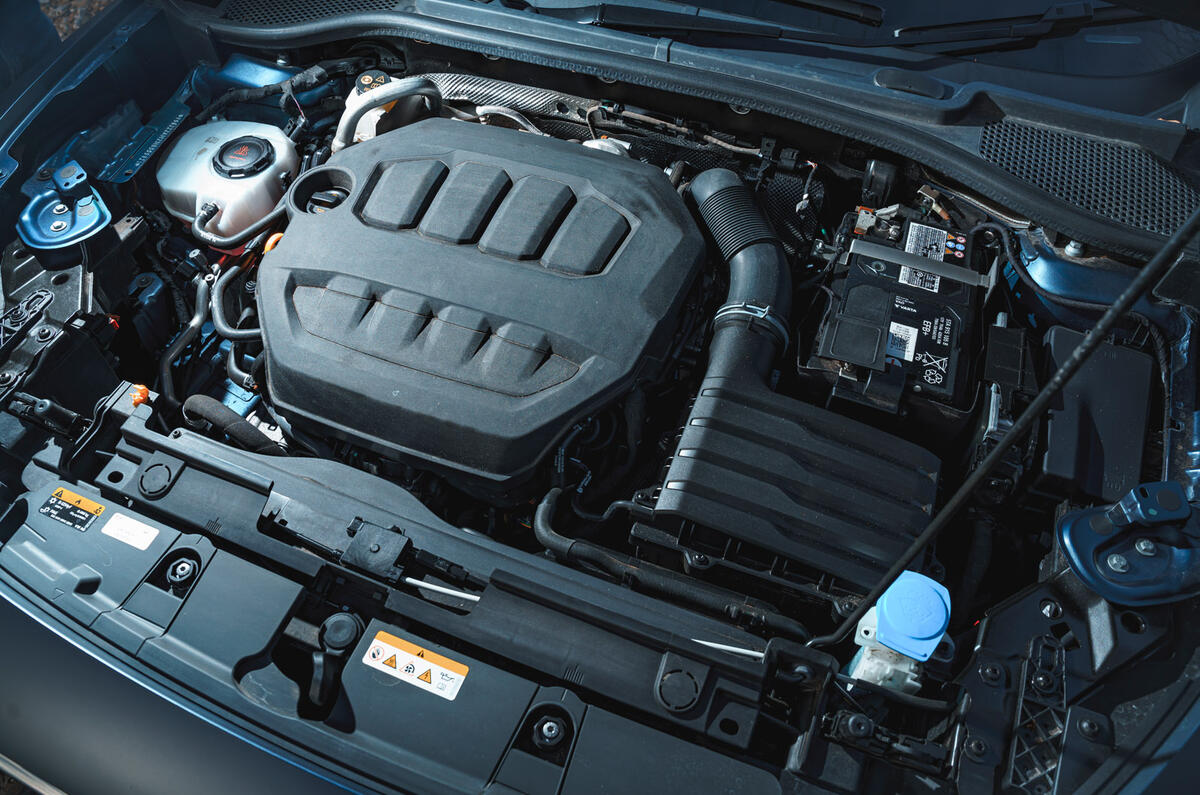
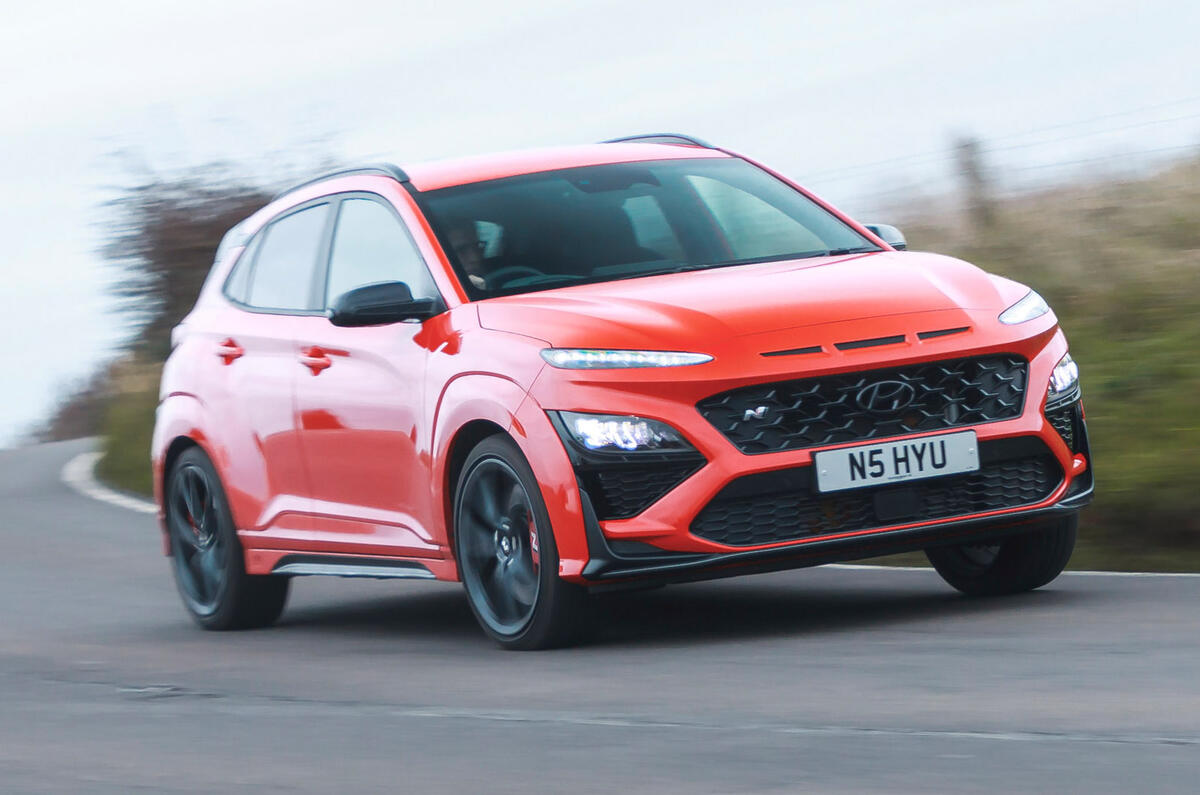
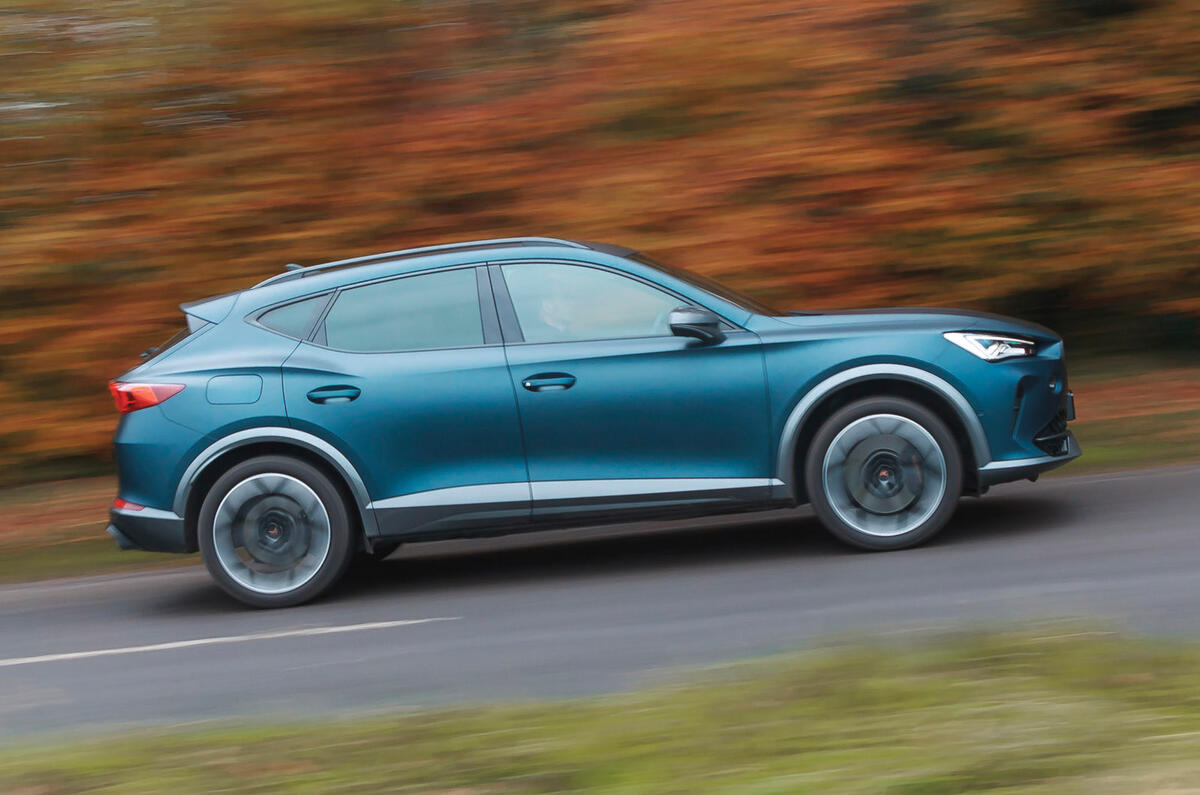
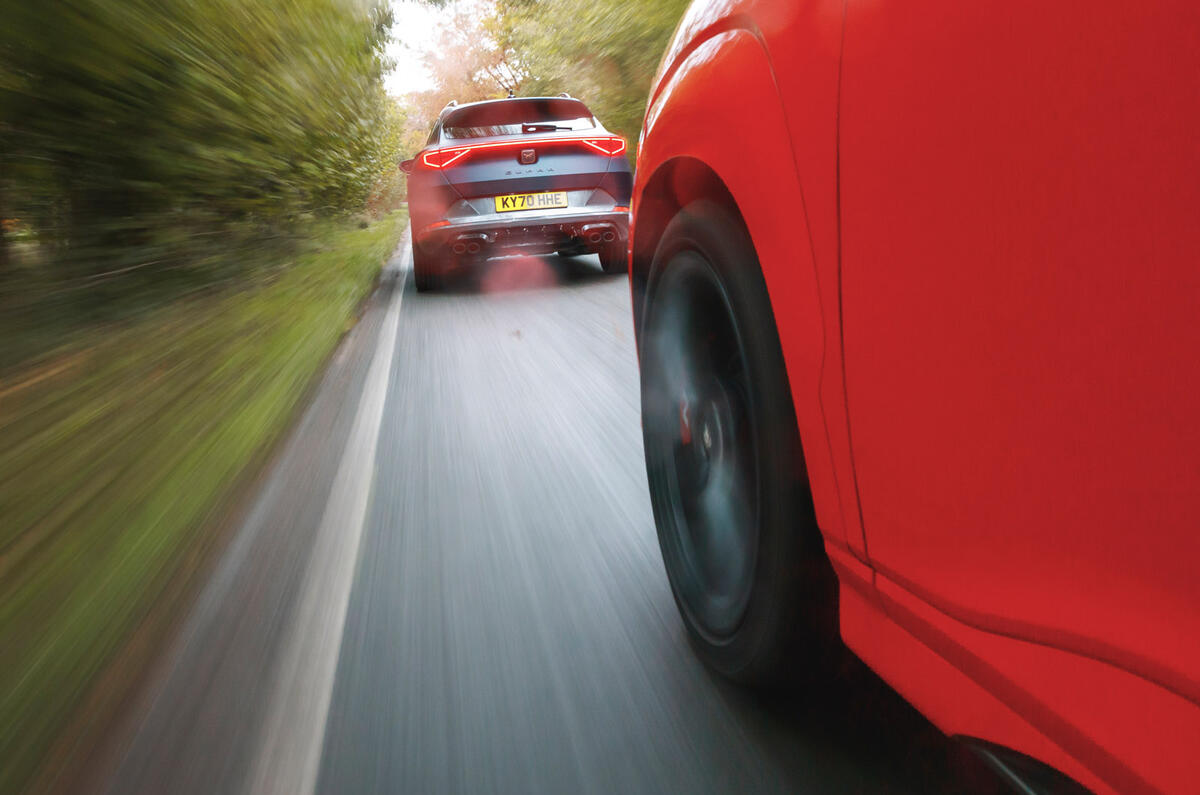
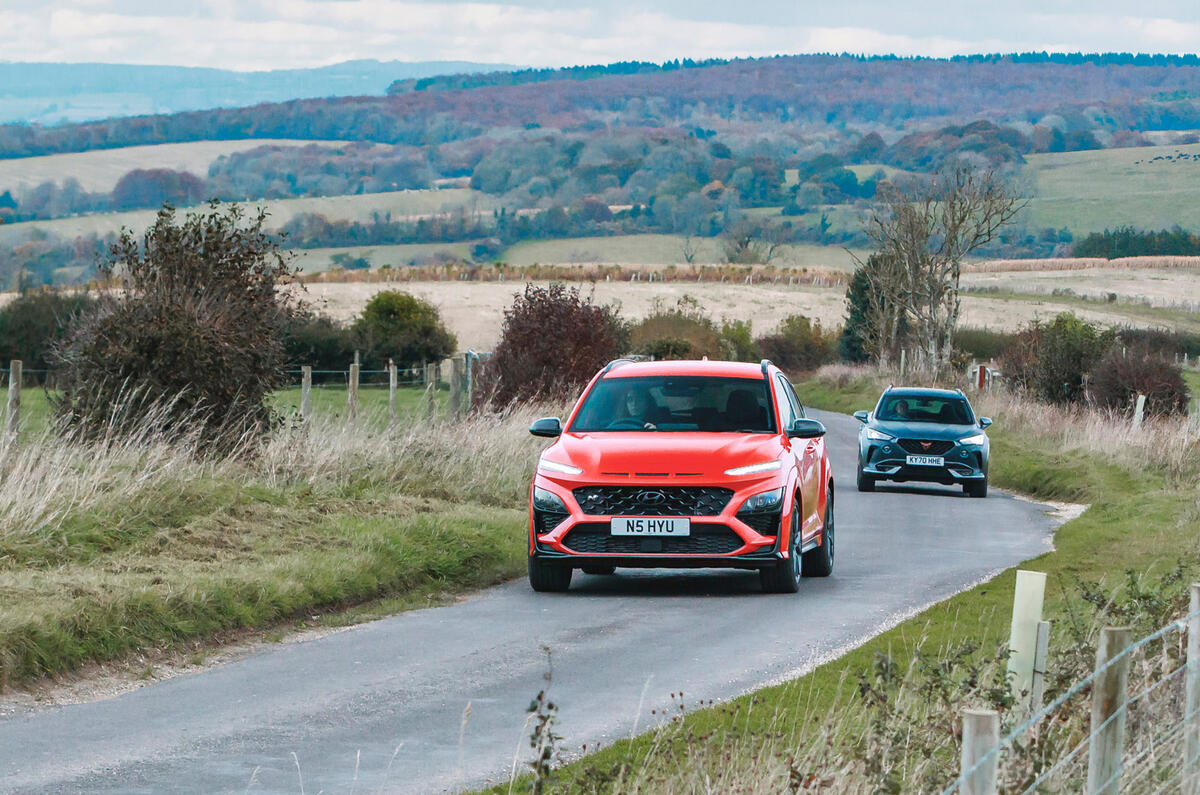
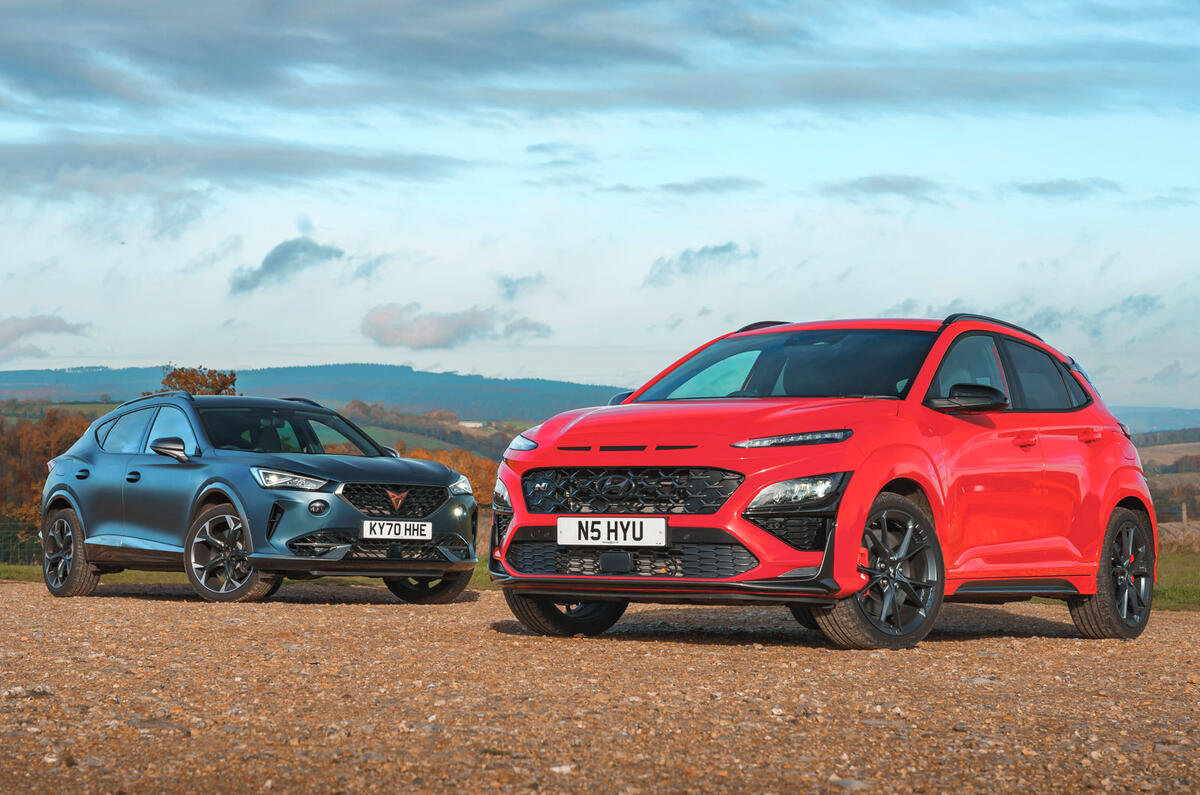
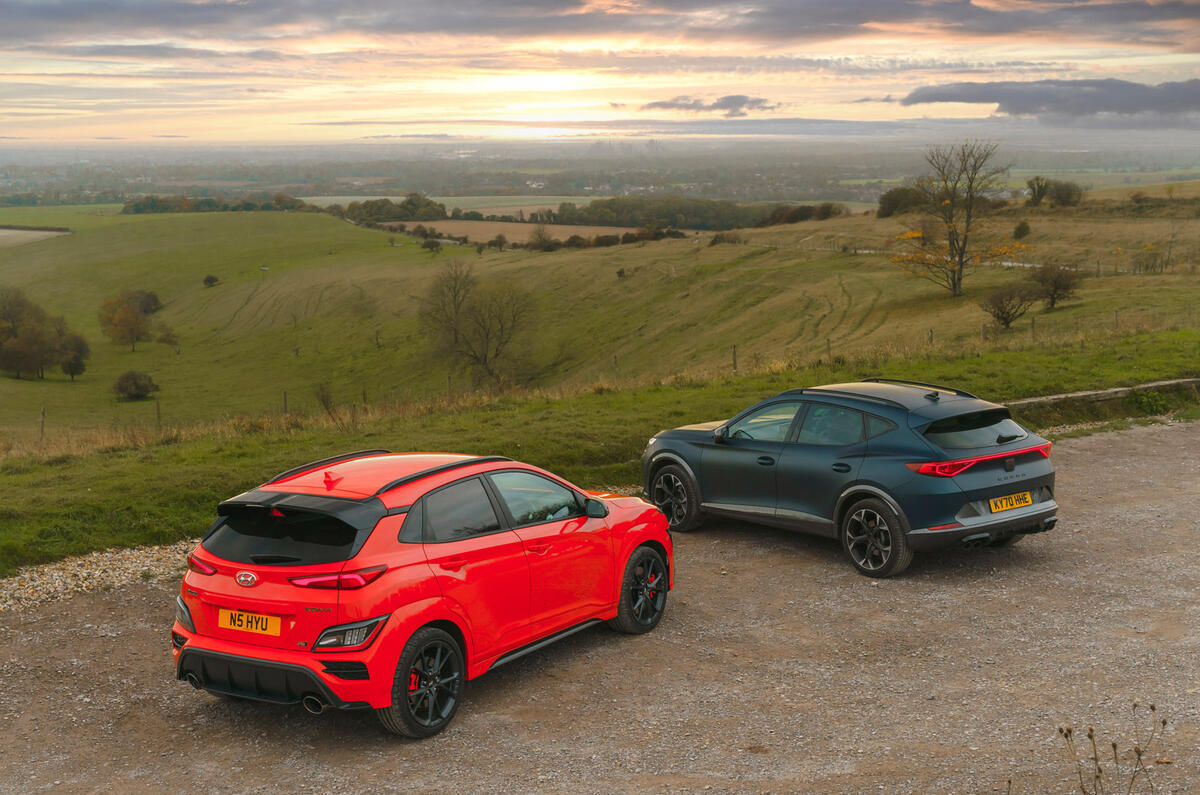
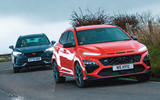

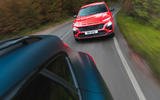

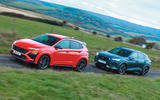
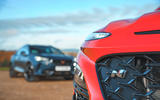
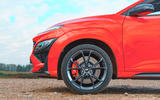
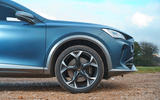
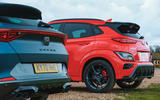
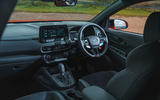
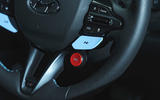
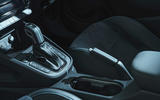
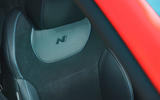
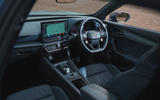
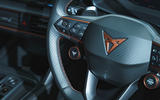
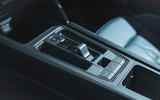
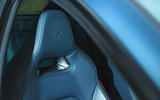
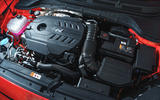
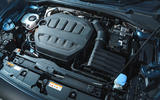
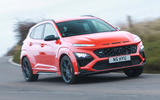
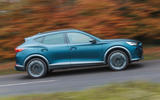

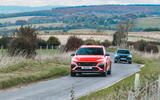
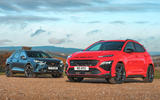
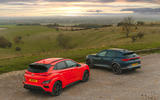

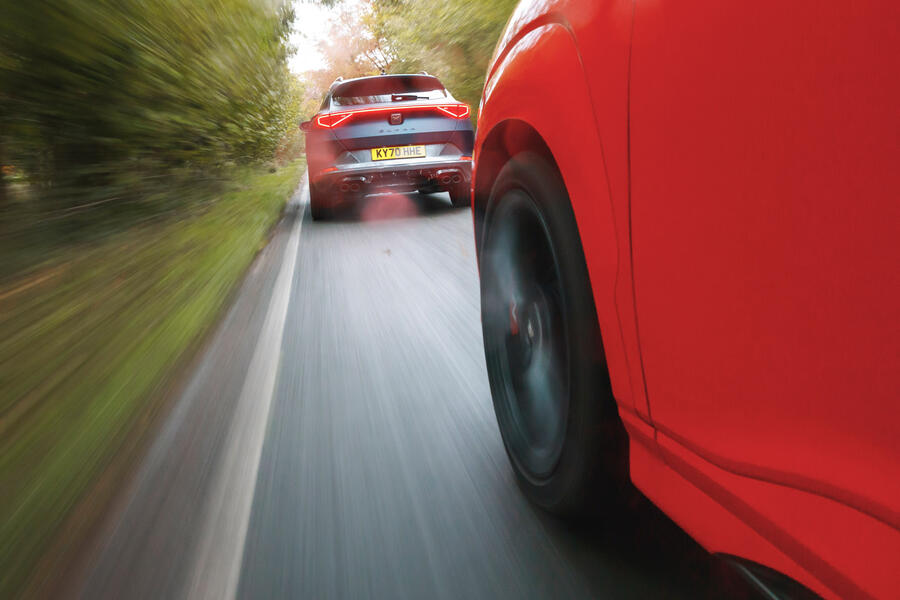
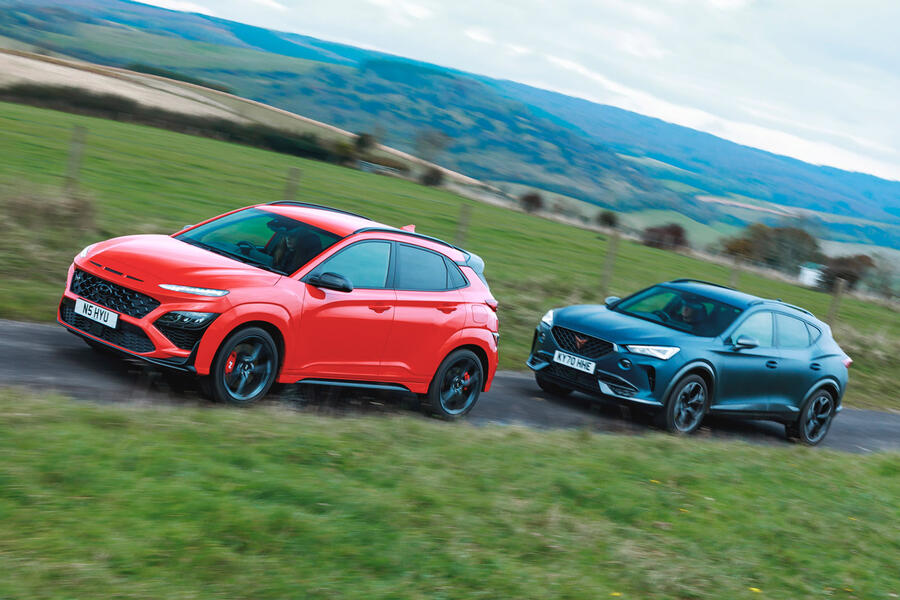
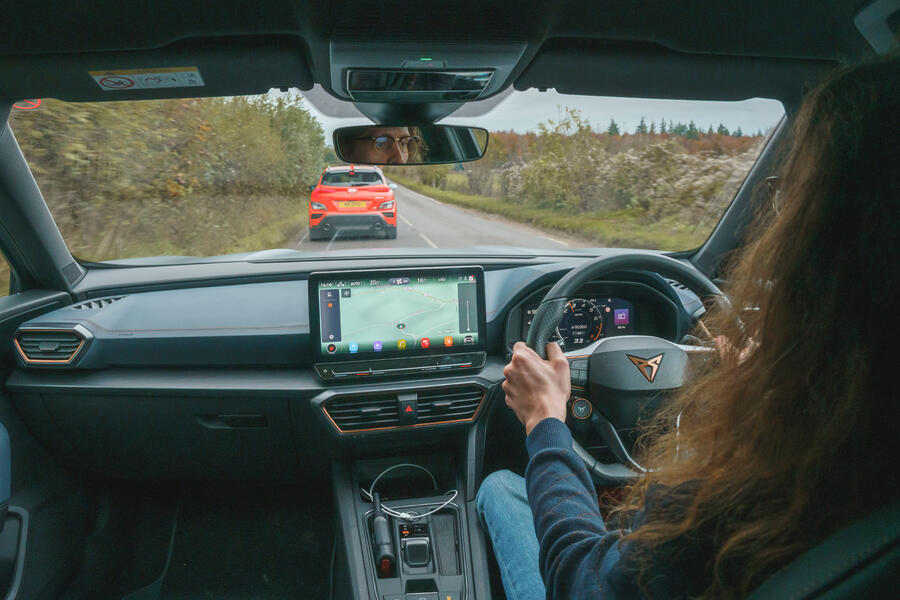
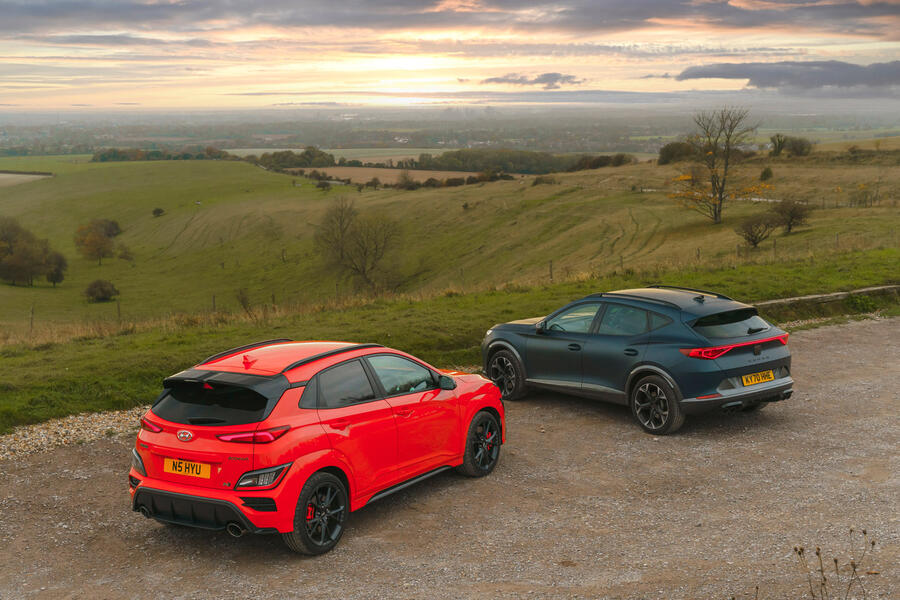





Join the debate
Add your comment
Why not just accept the fact that an SUV built on the same chassis as a hatchback is never going to handle as well or be as involving as the hatch version.
That said, manufacturers could do a lot more to improve their ability by lowering the centre of gravity of such vehicles e.g. with aluminium or carbon roof and panels, thinner glass etc. That in fact they choose not to do this, suggests that these are just cynical marketing led vehicles rather than serious performance cars.
Porsche, as ever, get closer to a sporting drive with the Macan due to their chassis engineering ability, but even then, a Macan is miles away from a Cayman or 911.
Eh? Kona drives better, has a nicer interior, looks better, and is heaps cheaper. But Autocar picks the VW. What a joke.
"The Kona is remarkably hardcore, but surely if you covet a chassis and a powertrain that are this aggressive, you want to optimise everything and therefore go for a hatchback?"
This is the bottom line for me, and why I really don't understand performance SUVs.